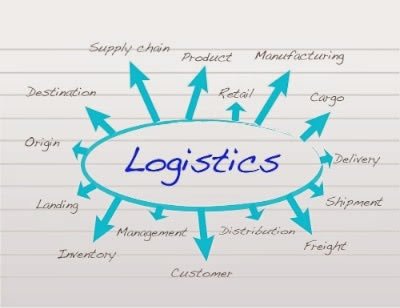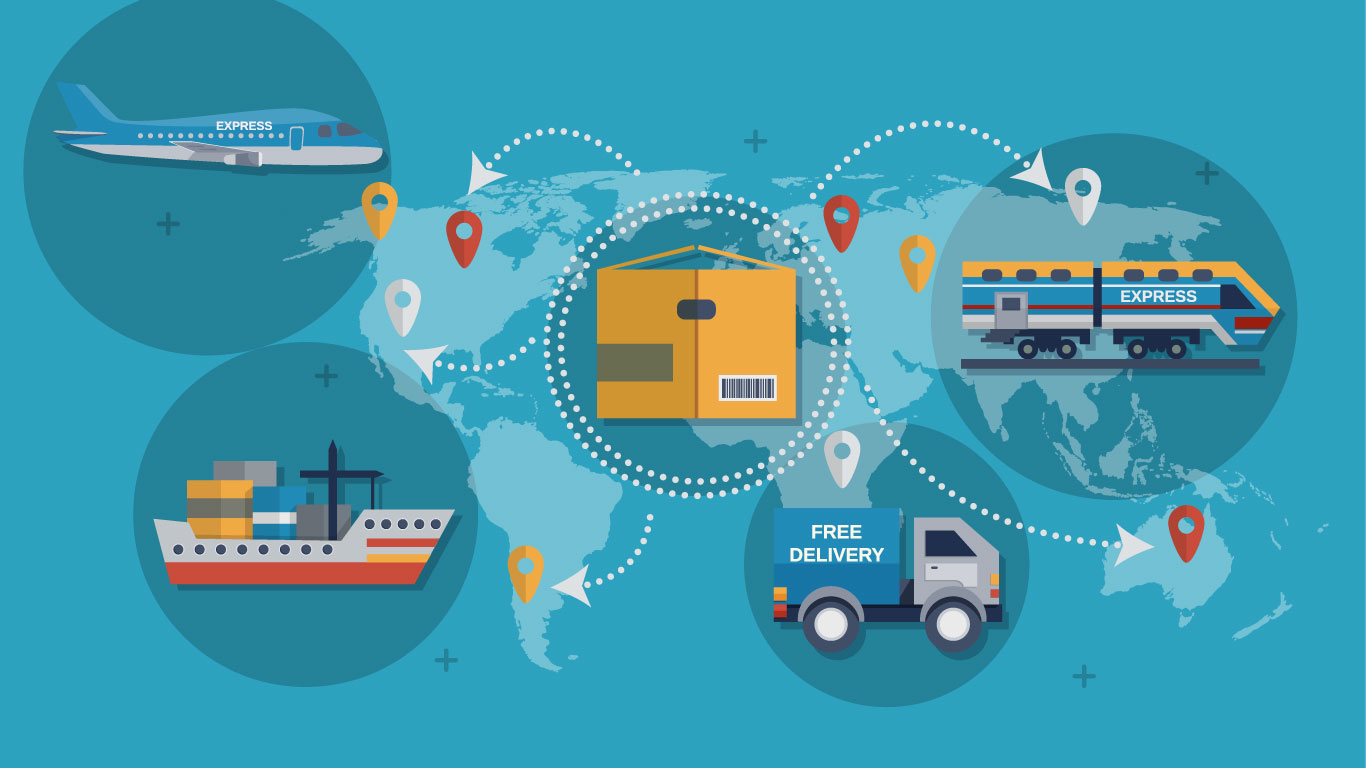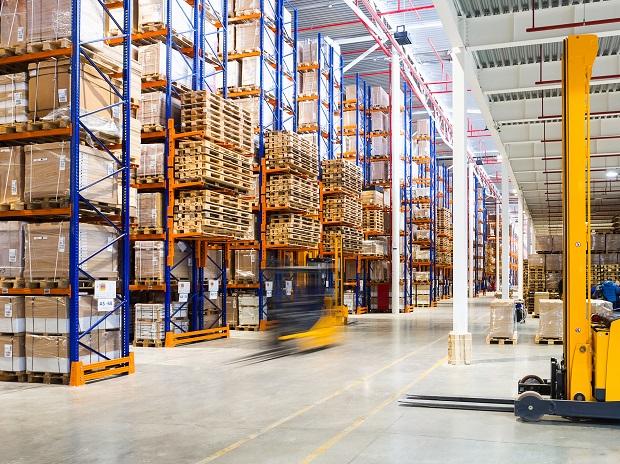

This course provides a thorough grounding in the major disciplines of logistics management.
By the end of this course delegates will be able to:
The candidates will be fully aware of the whole operations of logistics and supply chain
Transport, logistics and supply chain professionals, Suppliers, manufacturers, distributors and retailers, Freight transport users throughout the supply chain, Operators such as freight forwarders and consolidators, Employees seeking career enhancement
This interactive Training will be highly interactive, with opportunities to advance your opinions and ideas and will include;
Integrated Global Supply Chain and Logistics Management
Inventory Management Supply Chains
Outsourcing Trends and Best Practice
Finance, Costing and Financial Control
Logistics Contracts
Freight Transport Industry - Introduction and Development
Freight Transport Industry - Road, Rail, Air and Sea Transport
Warehouse and Distribution Centre Design
Key Issues for Global Supply Chain and Logistics Management
Information Communications Technology and Supply Chains
Performance Measurement and Improvement - Optimization Strategies
BTS attendance certificate will be issued to all attendees completing minimum of 75% of the total course duration.
| Code | Date | Venue | Fees | Register |
|---|---|---|---|---|
| LOG100-02 | 20-04-2026 | Kuala-Lumpur | USD 5950 | |
| LOG100-03 | 20-07-2026 | Istanbul | USD 5950 | |
| LOG100-04 | 04-10-2026 | Cairo | USD 5450 |

This course is aimed at both suppliers and buyers who need an overview of the key drivers involved when viewing supply chains from a logistics/demand point of view.

Supply chain management describes the whole process of how one product reaches to an end user through the cumulative effort of multiple organizations. Supply chain management deals with the methods on ...

In today’s competitive environment, the best supply chain will win. The chain that offers the highest value to its customers at the most efficient cost will have the competitive advantage. This requir ...
.png)
This advanced course in supply chain management has been designed to cover the essential aspects of procurement operations management and supply chain supervision. It enables delegates to appreciate t ...
Providing services with a high quality that are satisfying the requirements
Appling the specifications and legalizations to ensure the quality of service.
Best utilization of resources for continually improving the business activities.
BTS keen to selects highly technical instructors based on professional field experience
Since BTS was established, it considered a training partner for world class oil & gas institution
1st floor, Incubator Buildingو Masdar City, Abu Dhabi, UAE
Sun to Fri 09:00 AM to 06:00 PM
Contact Us anytime!
Request Info